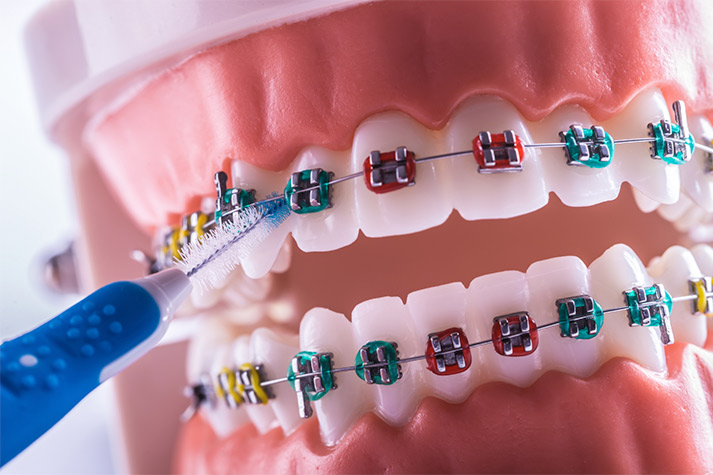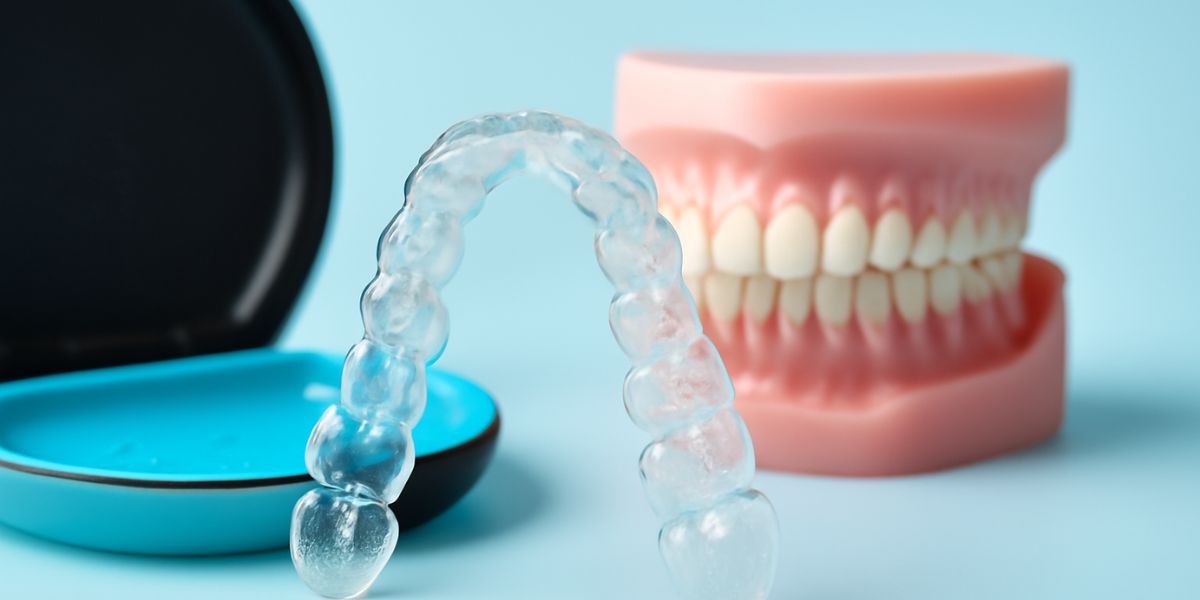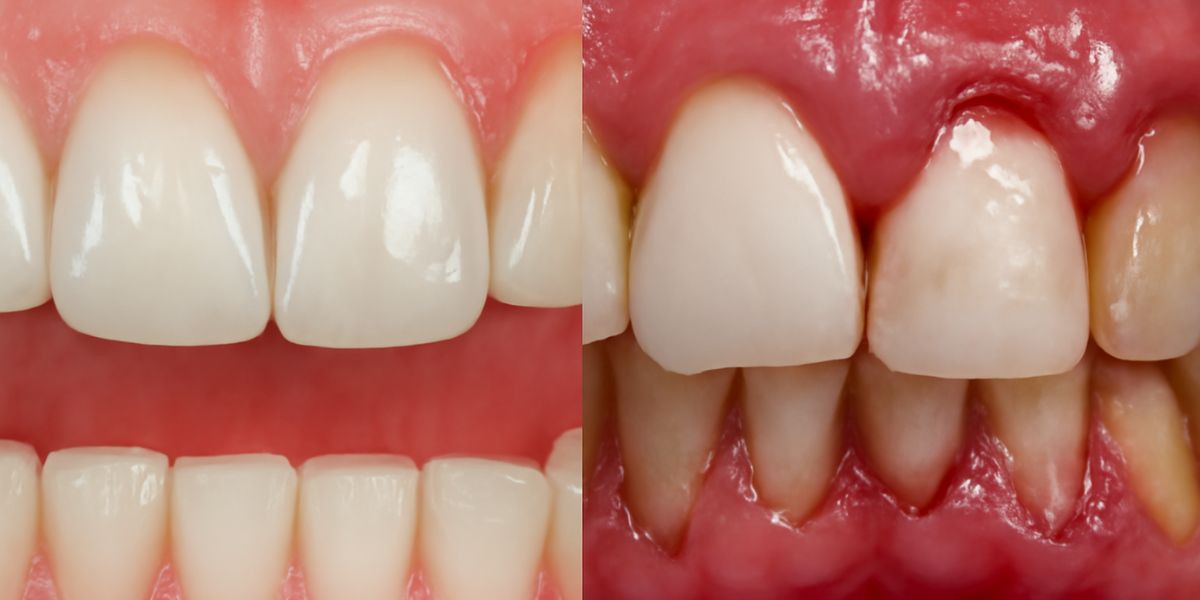Seguir una correcta higiene de la cavidad bucodental es de vital importancia para que la salud de los dientes y encías esté en su mejor estado posible. Si además llevas ortodoncia, tendrás que prestar especial atención a tu rutina de limpieza oral.
Si bien es cierto que la higiene dental se vuelve más complicada, existen distintos tipos de cepillos para ortodoncia que te ayudarán a limpiar tus piezas dentales mientras corriges la mordida o malposición de tus dientes.
Para ello, es muy importante saber elegir el que cuente con las características acordes al tipo de ortodoncia que lleves puesto.
Tipos de cepillo para ortodoncia
La elección del cepillo de dientes variará en función del modelo de aparato. Para seleccionar el más idóneo, lo más sensato es que un especialista te dé indicaciones concretas sobre las características que debe tener, prestando atención a las condiciones en las que se encuentra tu boca (patologías, tratamientos previos, posición y tamaño de los dientes, etc.).
Cepillo para ortodoncia invisible
Si llevas fundas transparentes, y por lo tanto una ortodoncia removible, al poder ser retiradas cuando lo desees, la elección del cepillo es más sencilla. En este caso, deberás elegir el que sea más cómodo y te permita retirar mejor los restos de bacterias de la superficie de los dientes.
Simplemente tendrás que continuar con tus rutinas de higiene oral: realizar el cepillado de forma diaria después de cada comida y por toda la cavidad bucodental. Para ello, puedes optar por un cepillo tradicional o por su variante eléctrica, aprovechando la última tecnología para ser más eficaz durante la eliminación de la placa.
Cepillos para ortodoncia con brackets
Este tipo de aparatos son los que más pueden dificultar la limpieza de los dientes. Al ser ortodoncias fijas y contar con elementos muy próximos a las piezas dentales, el cepillo no puede alcanzar todas las zonas requeridas.
No obstante, este obstáculo tiene que ser superado. Existen distintos tipos de cepillos que pueden ayudarte a evitar la acumulación de placa y sus consecuencias:
- Cepillos eléctricos: son los más eficaces para eliminar los restos de bacterias y alimentos que se quedan entre los dientes, pero, si llevas una ortodoncia fija, deberás usarlo con delicadeza y utilizar un cabezal del tamaño adecuado. De lo contrario, se podría perder uno de los brackets.
- Cepillos tradicionales: aunque pueden ser muy útiles, su empleo requiere de mucho tiempo y cuidado para limpiar bien todas las zonas.
- Cepillos interdentales y cepillos Unipenacho: su elección debe estar supervisada por un experto en ortodoncia. Son los más indicados para poder llegar a los espacios entre los dientes y asegurar que se elimina la placa bacteriana alojada en estas zonas.
Por simple que parezca, la elección de un cepillo de dientes es muy importante a la hora de llevar a cabo la higiene de tus dientes. Escoger el que posea las características más acordes a tus dientes te hará ser más preciso a la hora de eliminar los elementos que provocan diferentes patologías.
En Clínica Dental Noguerol no solo nos encargaremos de prevenir y frenar las posibles enfermedades dentales que puedas estar sufriendo, también te enseñaremos a cuidar de tu cavidad bucodental en tu día a día.






